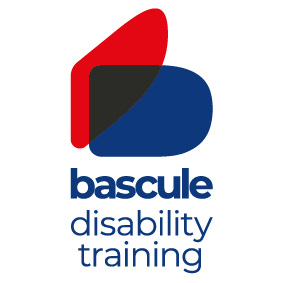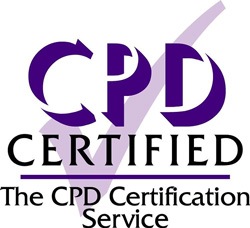Q&A- Do I have to employ a person with a disability?

This week, our Managing Director- Chris Jay- answers questions on employing people with disabilities posed by the owner of a small business…
Q- Do I have to employ a person with a disability?
There is no law that stipulates that you ‘have to employ a person with a disability’. If, for example you are a small business, employing only three people- it may be that you have never received an application from a person with a disability.
However, the Equality Act 2010, does state that you must make reasonable adjustments to support any job applicants with a disability as well as existing employees. This includes ensuring people with disabilities can overcome any substantial disadvantages they may have doing their jobs and progressing in work.
The question you should ask yourself is- not do I have to- but why would I want to exclude employees with disabilities?
Recruitment can after all, be an arduous task and finding candidates with the right skills, knowledge and experience can be a huge challenge, so surely appealing to another 7 million people of working age in the UK would be an advantage?
Encouraging applications from people with disabilities is not only good for business, it can also help you to create a workforce that reflects the diverse range of customers that your business may aspire to appeal to. Being an inclusive employer will enhance your brand and bring many positive PR opportunities, allowing you to benefit from openly displaying your dedication to disability awareness.
Then there is staff retention. Not only will an inclusive workplace allow you to appeal to a wider number of higher calibre candidates, it will also mean you are more likely to retain staff members with a disability, as your business will offer an empathetic, understanding and fully inclusive working environment, which will encourage their loyalty.
Given that the loss of output and the logistics of the recruitment process can cost as much as £30k, poor staff retention can undoubtedly have a significant impact on a business. The benefits of retaining an experienced, skilled employee who has acquired an impairment are usually far greater than recruiting and training new staff.
Furthermore, it is a common misconception that making reasonable adjustments are costly, time-consuming and disruptive to business. Reasonable adjustment for workers can be as minimal as providing a different keyboard for someone with arthritis or allowing someone with an anxiety disorder to have their own desk (instead of hot-desking) or letting a wheelchair user work on the ground floor. In the recruitment stages- it may be as simple as asking interview candidates if they have any specific needs prior to the interview. They are not required to disclose a disability of course, but your desire to ask and make adjustments if needed will reflect well on your business.
Reasonable adjustment can of course, involve more complex physical changes to a working environment such as installing ramps or toilets for a wheelchair user or setting up an audio-visual fire alarm system for a person with hearing impairments, but the government is able to assist with costs for such reasonable adjustments.
Access to Work is a publicly funded employment support programme that aims to help more people with disabilities to start or stay in work. It can provide practical and financial support for people who have a disability or long term physical or mental health condition. Support can be provided where someone needs help or adaptations beyond reasonable adjustments that your business could afford.
So, in short, as an employer try not to view employing people with a disability as something you may ‘have to do’, consider instead the many benefits and understand that financial assistance is available to assist you to adjust. Most importantly, remember that reasonable adjustment very often means making a very small and simple change!
In our next blog, Chris explains how to easily implement a fully inclusive recruitment procedure…



